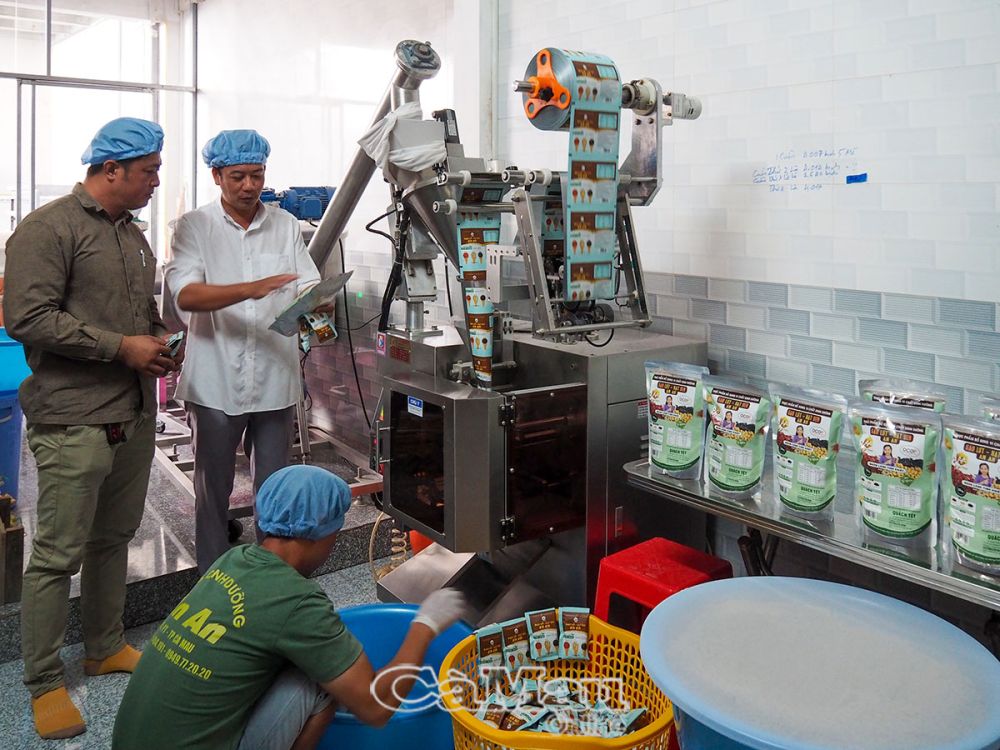
Ca Mau’s industrial promotion boosts rural industry growth
19:05 | 23/03/2025 20:10 | 04/11/2025Industry
Local enterprises speed up digitalization
As a leading industrial hub in southern Vietnam, Binh Duong is witnessing a strong transformation among supporting industry enterprises. Facing the challenges of Industry 4.0 and fierce market competition, these businesses are proactively adopting new technologies and driving digital transformation as a survival strategy. From traditional workshops to smart production lines, digitalization not only boosts competitiveness but also opens up new opportunities for Binh Duong’s supporting industries to participate more deeply in global value chains.
In reality, supporting industry enterprises in Binh Duong face significant pressure from partners, especially multinational corporations and foreign-invested enterprises. They are required not only to meet strict standards on product quality and competitive pricing but also to ensure delivery schedules, traceability, and compatibility with smart industrial standards. Without innovation, these enterprises risk being excluded from global supply chains.
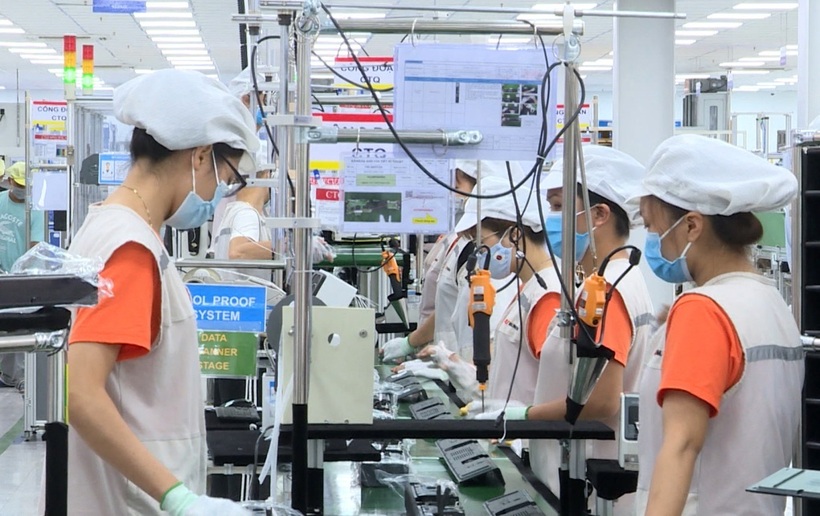
With its technological innovation strategy, Binh Duong is building smart supporting industries, automating production processes, and moving deeper into global value chains.
Technological innovation and digital transformation are no longer options but have become vital necessities. Applying advanced technologies and digitalizing production and management processes bring a range of benefits: improving productivity and product quality, optimizing operations, reducing costs, increasing adaptability to market fluctuations, and expanding access to new customers. These are the keys for Binh Duong’s supporting industries to enhance competitiveness both domestically and internationally.
The Kim Chung Mechanical Manufacturing, Service and Trading Co., Ltd. (Tan Uyen City), which specializes in producing mechanical parts and auxiliary equipment, is a case in point. The company used to rely on outdated machinery and multi-step production processes. With support from the industry and trade sector’s technological innovation program, the company has invested in modern equipment and automated its production lines. As a result, production time has been cut by one-third, operational labor has been decreased by 50 percent, labor costs per product have been reduced by five times, and productivity has increased nearly fivefold compared to the old technology.
According to Phan Thanh Duc, Director of the Binh Duong Garment Joint Stock Company (Thuan An City), merely applying digital technologies in factories does not automatically create a digital and self-operating supply chain. It requires seamless connectivity between internal and external operations, from planning and procurement to production and logistics. Therefore, changing leaders’ mindsets is crucial for enterprises to embrace new trends, understand them correctly, and take advantage of emerging opportunities.
Mr. Luu Tri, Vice President of the Binh Duong Electromechanical Association, emphasized that the supporting industry is characterized by large-scale production, where cost, quality, and delivery time are decisive factors, especially as Vietnam is becoming more integrated into global supply chains. Hence, member enterprises have identified digital transformation and technological innovation as urgent priorities. Automation, in particular, is seen as the top goal, as it simultaneously addresses three key challenges: reducing costs, ensuring quality stability, and meeting delivery deadlines.
Technological innovation drives supporting industry growth
Recognizing the strategic importance of supporting industries and the global trend of digital transformation, Binh Duong Province’s authorities have actively implemented a range of concrete policies and support programs.
According to representatives from the Binh Duong Department of Industry and Trade, the province has always considered the supporting industry a top priority in industrial development. To help these enterprises innovate and go digital, the department has launched a variety of initiatives, focusing on raising awareness of digital transformation, organizing specialized training on Industry 4.0 applications, and connecting supporting industry enterprises with major partners and digital transformation experts for direct consultation and technical assistance.
The provincial People’s Committee has issued a Digital Transformation Plan for Binh Duong Province in the 2021-2025 period, with a vision toward 2030, emphasizing support for enterprises to adopt digital technologies. The province has also utilized industry promotion funds, science and technology development funds, and preferential loan programs to help businesses invest in technological innovation and digital transformation projects. According to the Ministry of Industry and Trade, Binh Duong has allocated tens of billions of dong to support local supporting industry enterprises.
The provincial Department of Industry and Trade and related agencies regularly organize seminars, forums, and training programs on digital transformation, smart management, and lean production. Notably, connection programs between supporting industry enterprises and major technology corporations, research institutes, and universities have helped local firms access knowledge, technology, and high-quality human resources.
In terms of digital infrastructure, the province prioritizes comprehensive digital infrastructure development, building shared data warehouses, expanding end-to-end online public services, and creating favorable conditions for enterprises to apply digital technology in business and administrative processes.
Meanwhile, provincial authorities, together with business associations and industry groups, are providing tailored consulting services to help enterprises design their own digital transformation roadmaps and select appropriate technological solutions.
Despite the progress made, the digital transformation and technological innovation journey of Binh Duong’s supporting industries still faces challenges. High initial investment costs often exceed the financial capacity of small-and medium-sized enterprises. The shortage of skilled workers, especially engineers and experts in information technology (IT) and automation, remains a major bottleneck. Additionally, concerns over change and cybersecurity make some businesses hesitant to fully commit to digital transformation.

19:05 | 23/03/2025 20:10 | 04/11/2025Industry
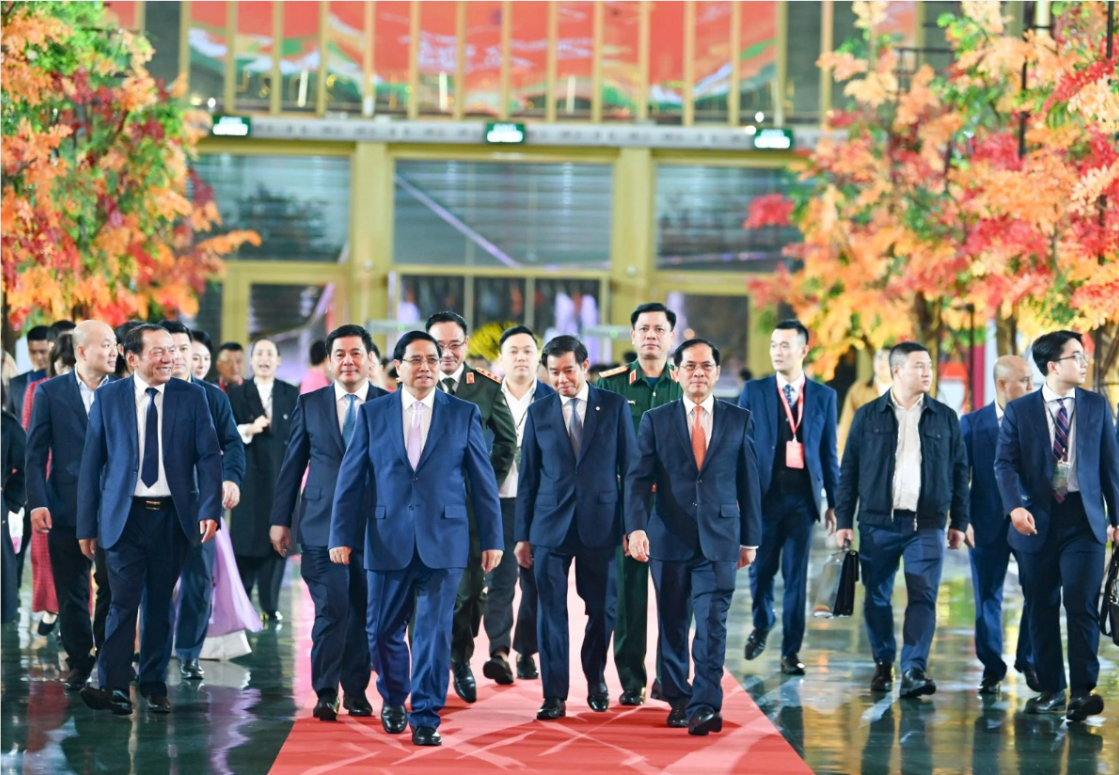
19:05 | 23/03/2025 20:09 | 04/11/2025Trade
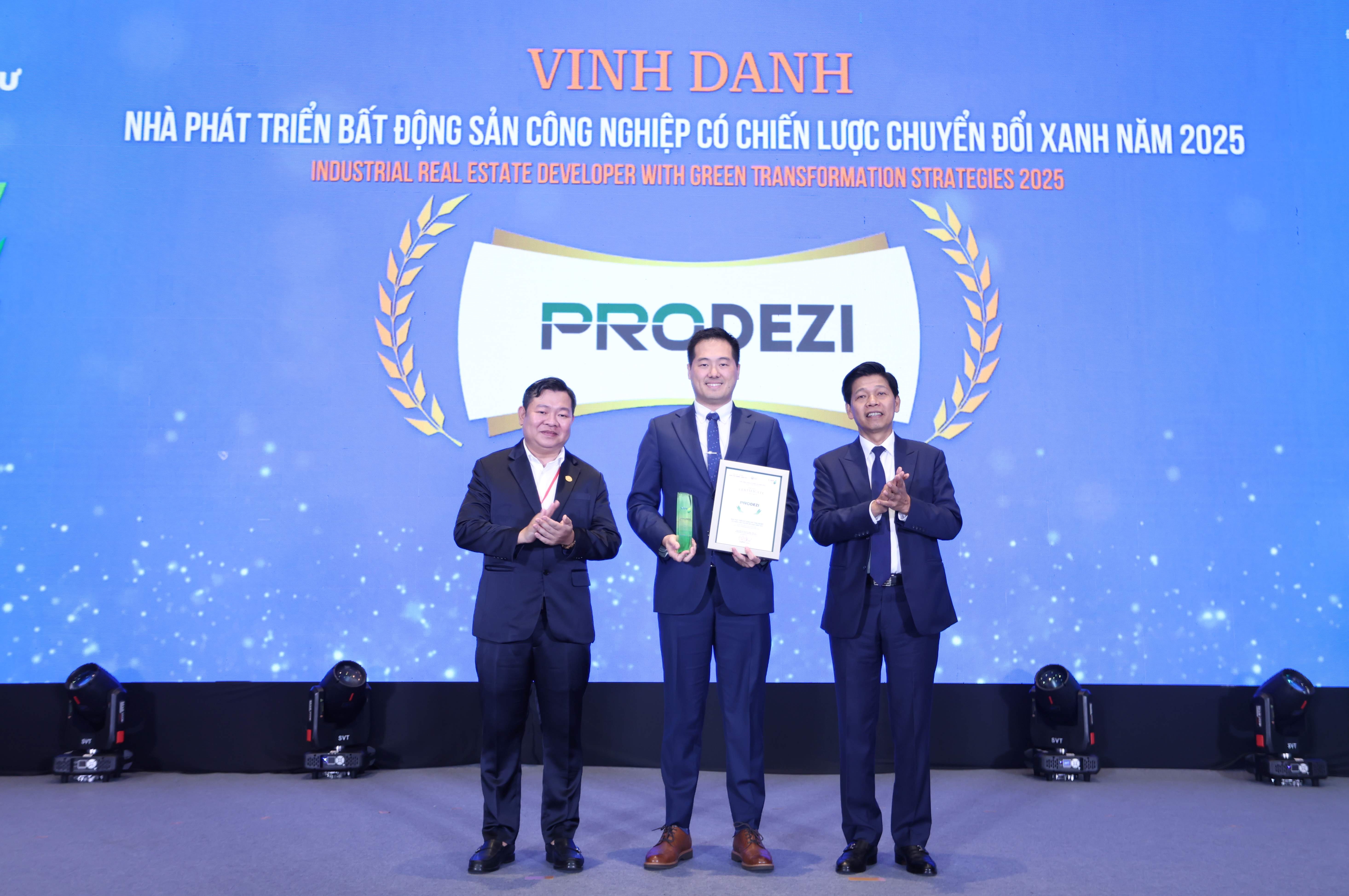
19:05 | 23/03/2025 20:06 | 04/11/2025News and Events

19:05 | 23/03/2025 11:43 | 04/11/2025Trade
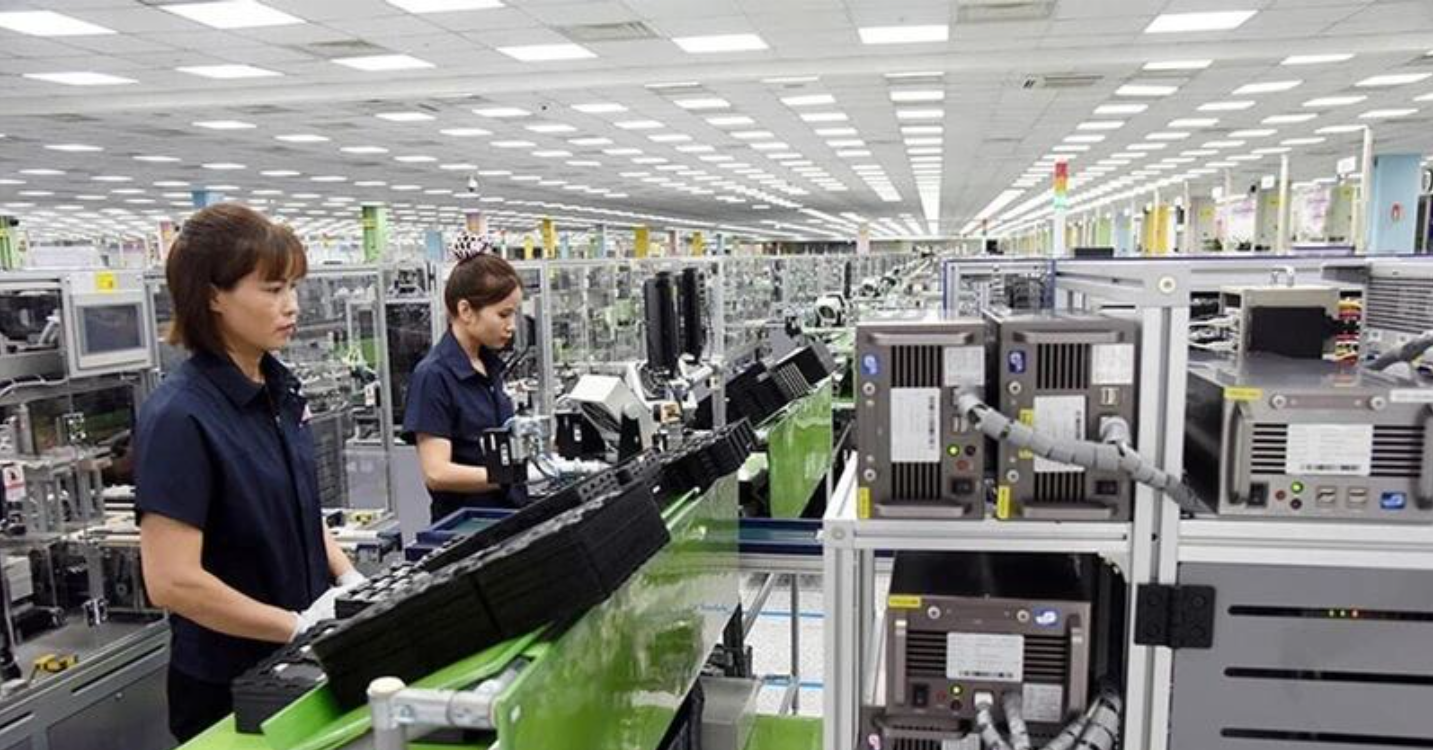
19:05 | 23/03/2025 11:39 | 04/11/2025Industry